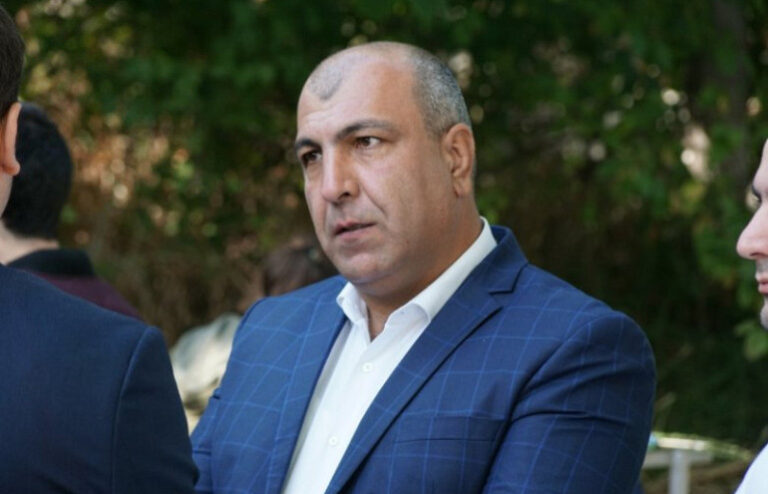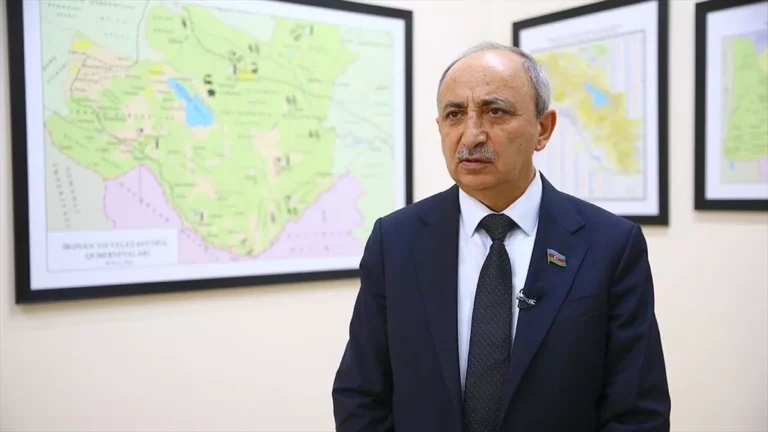Give Archbishop Bagrat at least 40 days to clear people’s souls, says political scientist
Expert in Iranian studies and political scientist Karine Gevorgyan commented on Iran’s position on the events in Armenia and Tavush for the Homeland movement led by Archbishop Bagrat Galstanyan.
“Iran is now simply following the movement led by Archbishop Bagrat Galstanyan. Iran never rushes to conclusions. At the same time, observing the processes within the country, including the discrediting of traditional religion and its institutions, Iran is impressed that a religious figure rebelled in this way, and it is obvious that the entire Church stands behind him. Catholicos did not condemn his socio-political activities in any way, which is very important.
Then the Council of Archbishops under the Catholicos decided to suspend the activities of Archbishop Bagrat Galstanyan as a hierarch serving in one of the Armenian regions, but they did not remove his rank, which is also very important. This means that such a mechanism is completely acceptable; that is, the legal and moral support from Etchmiadzin is completely obvious. Iranians are basically impressed by this movement because Armenia is drifting towards the West, both in moral and ethical terms and in terms of the spread of various sects, such as the Word of Life.
As we know, there is a center of Jehovah’s Witnesses in Ashtarak, which works for the entire post-Soviet area. Naturally, Iranians could not help but see this, and the degradation of traditional institutions became concerning. In this sense, Iran considers this movement appealing rather than irritating,” Karine Gevorgyan told Alpha News.
Commenting on the final results of Tavush for the Homeland movement, the political scientist said that the Archbishop needs time to reshape the public consciousness.
“The movement led by Archbishop Bagrat will prepare the ground for a change of power. Moses and the Jews wandered in the desert for 40 years. Give Archbishop Bagrat at least 40 days to clear people’s minds and souls,” Karine Gevorgyan concluded.







